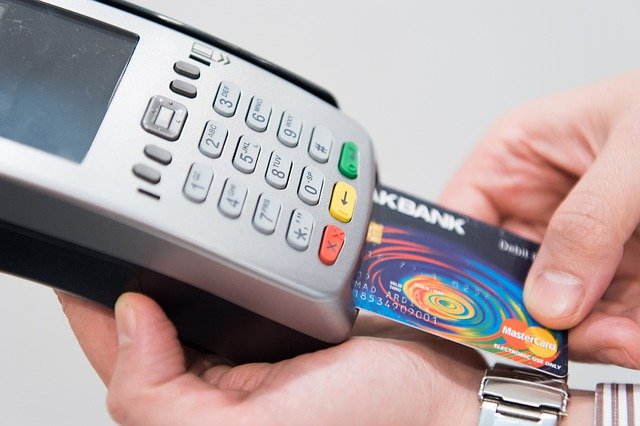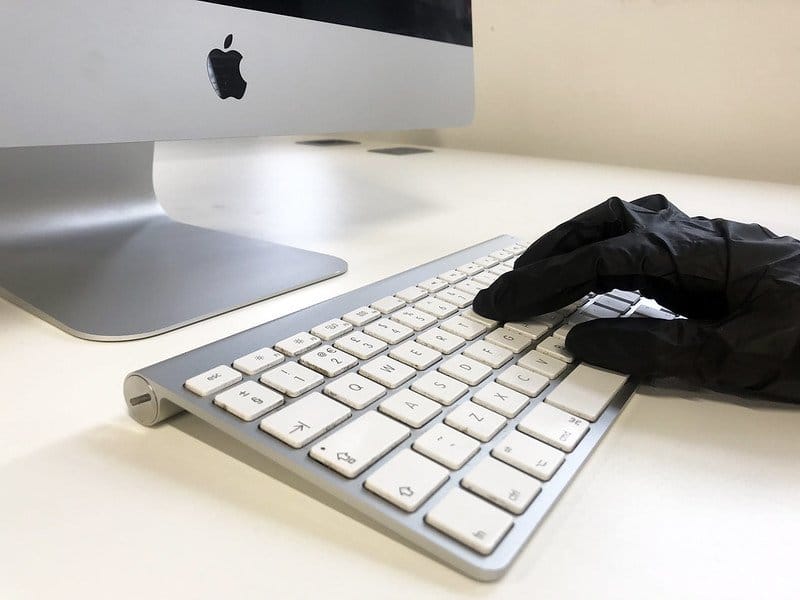Will COVID-19 Kill Cash?
Last Updated on March 8, 2021 by Corepay
Cash will be around for a long, long time, despite the annual — a L-O-O-O-O-ONG time — sorry, despite the annual cries of “The sky is falling! The sky is falling!” every time someone invents a new way to pay or a new form of financial technology. Rather than rushing to crow that cash is once again “dead,” merchants should look for ways to continue to accept and incorporate it, even while they’re chasing the latest shiny object in the payment space.
Even so, cash has become more scarce as the pandemic continues. Many merchants are refusing to accept cash because of contamination fears — not that we can blame them; money is already terribly dirty — and many more people are using contactless payments just so they don’t have to touch a credit card touchscreen or hand someone their credit card. Some U.S. merchants are even trying to go completely cashless, although they’re running headlong into the wall of U.S. currency law and city and state legislation.

Even as certain merchants, cities, and countries tries to reduce the amount of cash used in its various retail outlets, the COVID-related cash crunch presents two opportunities for merchants:
- Cash-only merchants can adopt an electronic or online payment method, especially if they want to offer curbside pickup or mailing shipments to customers..
- Merchants who are reluctant to accept cash should find other alternative payment methods to help their customers. Because “I’m sorry, we don’t want your money” is never a sound business plan.
(Or, someone could just invent a money disinfectant.)
The high growth of electronic payments (credit and debit cards and ACH), contactless payment options (Apple Pay and Google Pay), alternative payment apps (PayPal, Venmo, Stripe, and Cash, to name a few), and Bitcoin means there are plenty of options for merchants who have operated on a cash-only basis.
For brick-and-mortar retail merchants, moving away from cash-only may mean setting up a credit card processing machine, whether it’s something you get from a merchant services provider or even a money transfer account on your mobile phone or tablet with a plug-in credit card reader.
For those merchants who have been used to only dealing with credit and debit cards may want to consider expanding to incorporate a couple other options as well. This lets you reach people who don’t use your other payment methods, which can only increase your potential customer base. You may even find that some customers shop with you strictly because of the availability of payment options, such as Bitcoin.
Even the unbanked and under-banked can use alternative payment apps like PayPal, which means merchants should look for ways to add that option and reach that group, especially ecommerce merchants who want to reach those consumers
In the United States, retail merchants are still required by law to accept cash, although the law may vary in other countries. So, we have to wonder if there will be any retail standoffs between merchants and cash-only customers over a merchant’s refusal to accept cash. And how many cash-only merchants are now considering accepting credit and debit cards as an alternate payment method?
Do you want to learn about how to accept credit and debit cards, especially if you’ve never had a merchant services account? Corepay can help you with this, as well as learning how to protect yourself from unnecessary fees and charges. To learn more, please visit our website or call us at (866) 987-1969.
Photo credit: Gourmbik (Pixabay, Creative Commons 0)
We appreciate you following Corepay’s blog. Let’s collaborate, send us your article suggestions, questions, and/or feedback to: [email protected].




